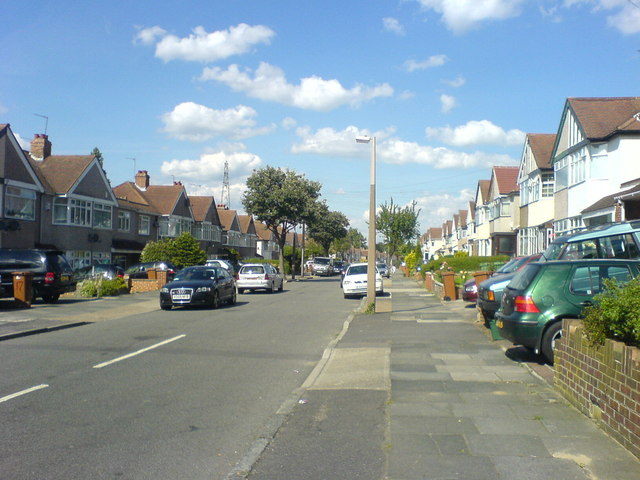Parking in front of a neighbour’s driveway in the UK can be a sensitive issue, and it’s governed by a mix of legal regulations and common courtesy. First Vehicle Leasing wanted to find out more about the parking etiquette in UK neighbourhoods.
- 67% of Brits have issues with their neighbours over parking
- 41% say they tell neighbours not to park in their spaces.
- 33% check more than once a day that other cars are not parking in their spaces, with 23% saying they would go out if drivers don’t park there.
- 28% of drivers sit in their car and wait for their space to become free.
Understanding these rules is crucial to maintaining good relationships with your neighbours and avoiding fines or other legal consequences. Dom Watt from First Vehicle Leasing gives a breakdown of the key points:
Legal Regulations: According to the Highway Code (Rule 243), you must not park in front of an entrance to a property. While the Highway Code itself is not law, many of its instructions are backed up by traffic laws. For instance, if you park in front of a driveway, you could be contravening the Road Traffic Act 1988, which states it’s an offence to obstruct the highway.
Enforcement: Enforcement can vary depending on where you live in the UK. Generally, if you’re causing an obstruction to a driveway, the affected resident can report this to the local council or the police. The local authorities have the power to issue a Penalty Charge Notice (PCN) if they find a vehicle causing an obstruction.
Fines and Penalties: If you’re reported and found to be blocking a driveway, you can receive a fine. The amount can vary depending on the local council’s regulations. In some cases, if the obstruction is severe and causing significant inconvenience, the vehicle may even be towed.
Exceptions and Considerations: There may be situations where you can park in front of a driveway without causing an obstruction, for example, if you have the homeowner’s permission. However, this is a grey area and generally not advised unless you’re absolutely sure it’s acceptable.
Neighbourly Conduct: Beyond the legal aspect, parking in front of someone’s driveway can strain neighbourly relations. It’s always best to communicate with your neighbours and ensure that your parking habits are not causing them inconvenience.
What to Do If Your Driveway Is Blocked: If you find your driveway blocked by another car, you can:
- Try to find the owner and ask them to move it.
- If you can’t find the owner, contact your local council or the non-emergency police number. They can assess the situation and take action if necessary.
Dom Watt from First Vehicle Leasing warns drivers and residents they could be breaking the law. Practices such as placing cones or other objects to hold spaces can not only sour relationships with neighbours but also lead to fines from local authorities.
The public road is for everyone’s use, and maintaining harmony within your community is paramount. Remember, finding amicable and legal solutions to parking woes will always steer you clear of unnecessary fines and keep the streets friendly for all.
Help keep news FREE for our readers
Supporting your local community newspaper/online news outlet is crucial now more than ever. If you believe in independent journalism, then consider making a valuable contribution by making a one-time or monthly donation. We operate in rural areas where providing unbiased news can be challenging. Read More About Supporting The West Wales Chronicle























